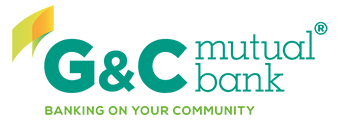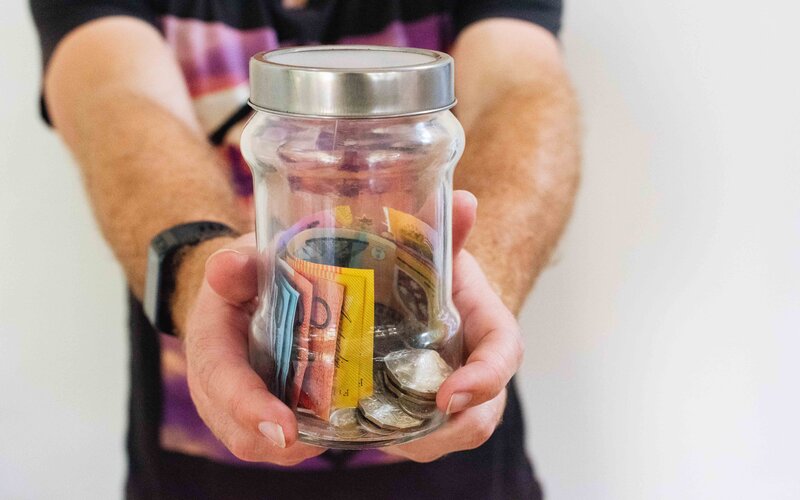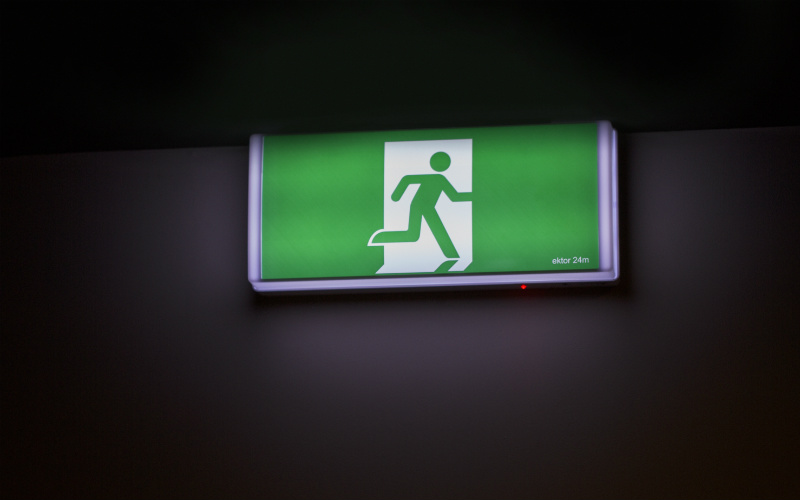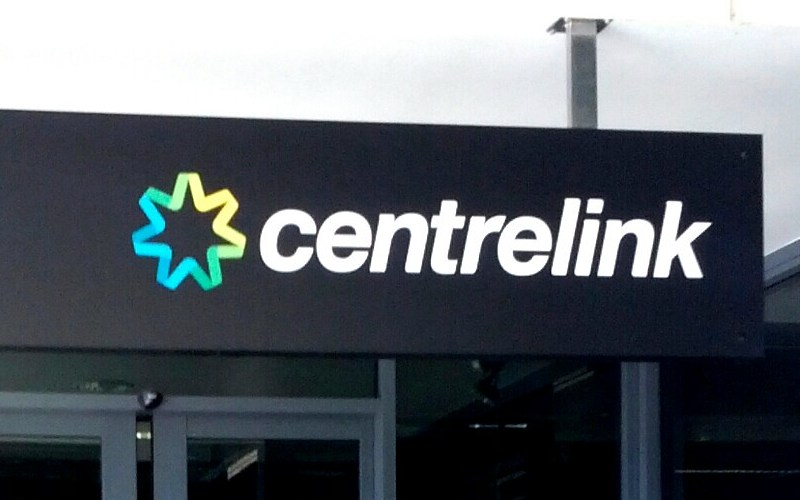Fact Checked
| Bank | Term Deposit | Interest Rate | Interest Frequency | Term | Automatic Rollover | Maturity Alert | Early Withdrawal Available | Minimum Deposit | Maximum Deposit | Notice Period to Withdraw | Account Keeping Fee | Online Application | Joint Application | Tags | Row Tags | Features | Link | Compare | Promoted Product | Disclosure |
|---|---|---|---|---|---|---|---|---|---|---|---|---|---|---|---|---|---|---|---|---|
4.80% p.a. | At Maturity | 6 months | $1,000 | $1,000,000 | – | – |
| Promoted | Disclosure | |||||||||||
4.80% p.a. | At Maturity | 4 months | $5,000 | $10,000,000 | – | – |
| Promoted | Disclosure | |||||||||||
4.84% p.a. | At Maturity | 6 months | $25,000 | $1,000,000 | – | – | ||||||||||||||
4.80% p.a. | At Maturity | 6 months | $1,000 | $1,000,000 | – | – | ||||||||||||||
4.80% p.a. | At Maturity | 6 months | $5,000 | $500,000 | – | – | ||||||||||||||
4.70% p.a. | At Maturity | 6 months | $5,000 | $10,000,000 | – | – | Disclosure | |||||||||||||
4.65% p.a. | At Maturity | 6 months | $250,000 | $1,000,000 | – | – | ||||||||||||||
4.70% p.a. | At Maturity | 6 months | $5,000 | $10,000 | – | – | ||||||||||||||
4.50% p.a. | At Maturity | 6 months | $10,000 | $5,000,000 | – | – | ||||||||||||||
4.65% p.a. | At Maturity | 6 months | $1,000 | $1,000,000 | – | – | ||||||||||||||
4.50% p.a. | At Maturity | 6 months | $1,000 | $2,000,000 | – | – | ||||||||||||||
4.60% p.a. | At Maturity | 11 months | $5,000 | $10,000,000 | – | – |
| Promoted | Disclosure |
Frequently Asked Questions
If you do need to make a withdrawal, then you will first need to contact your bank to let them know of your intentions. Cancelling a term deposit isn’t always as easy as simply hitting a button online. You might have to call them or physically visit a branch and speak to a customer care specialist. There should be details on how your specific provider handles early terminations, but you should make an effort to find out before you take out a term deposit.
This will vary between providers, just as the terms and interest rates on term deposits do. Some banks might not charge break costs, but most do apply interest rate reductions.
If you want to keep your money in a term deposit after it matures, you might appreciate the convenience of an automatic rollover. If that’s the case, and you’re happy with the new interest rate and term you’re rolling over into, you can sit back and let the bank do all the work.
A term deposit loyalty bonus is a bonus little bit of interest you can get on top of the advertised term deposit rate, and they usually apply if you choose to roll over your term deposit or take out a new one with the same institution.
A special term deposit rate doesn’t technically have a set definition, but you might call it one that sits outside a bank’s usual range of interest rates for term deposits. A special term deposit rate is usually a fair bit higher than most other term deposit rates, and usually can only be earned by those that meet a set of requirements.
Deposits make up a significant portion of funding for banks, which they use for various things. If you've ever wondered where your home loan lender got the money for your house from, there's a good chance some of it came from term deposits.
One of the main reasons people invest in term deposits over other investment assets is for safety. Since the Banking Act 1945, deposits with authorised deposit-taking institutions (ADIs) have benefited from high levels of regulatory protection that minimise the risk of losses. This protection was greatly strengthened with the introduction of the government deposit guarantee in 2008, which made term deposits virtually risk-free.
Each ADI (authorised deposit-taking institution) that offers term deposits will have different terms on offer. Some will offer only a few, while others will provide a huge variety of options, from one month to five years.
The ‘term’ in term deposit is the fixed amount of time your money is deposited with that financial institution.
Term deposits are a very simple product: you deposit a lump sum of money into a financial institution in exchange for a fixed rate of return over a specified period.
You can withdraw early from a term deposit, but unless you’re experiencing financial hardship, you usually can’t do so without facing a penalty.
In addition to requiring up to 31 days notice, most banks will also charge an interest rate reduction relative to the length of your term that’s expired. You may also be charged an early termination (or break) fee.
Yes, interest earned on term deposits is taxable, just as your regular income or savings account interest is.
Term deposit interest earnings are to be included in your annual tax return. If your term deposit pays interest at maturity after three years, then you’d only list it as taxable income after that final third year. But if it pays interest annually, then you’d need to include it in each financial year’s return.
No, with the vast majority of term deposits you cannot add money to them during the length of the fixed term. Some banks offer an exception where you can add or withdraw money during the grace period, but this is usually only about a week or so after opening or renewing the deposit.
Term deposits are generally considered to be a very safe investment as there’s little to no chance of losing your money.
To offer term deposits a bank must be a registered ADI (authorised deposit-taking institution), and any ADI is covered by the Australian government guarantee, which protects your deposits up to $250,000 per bank.
So if your bank collapses (which almost never happens), up to $250,000 of your money will be returned to you.
There’s no one answer to this question. It depends what you’re after. Term deposits might be a good choice if you’re looking for a relatively safe, cash-only investment for a specified period of time at a locked-in interest rate. But if you’re looking for a high rate of return, you might need to look elsewhere.
Compare term deposits here to see some high term deposit interest rates.


































 Harry O'Sullivan
Harry O'Sullivan















